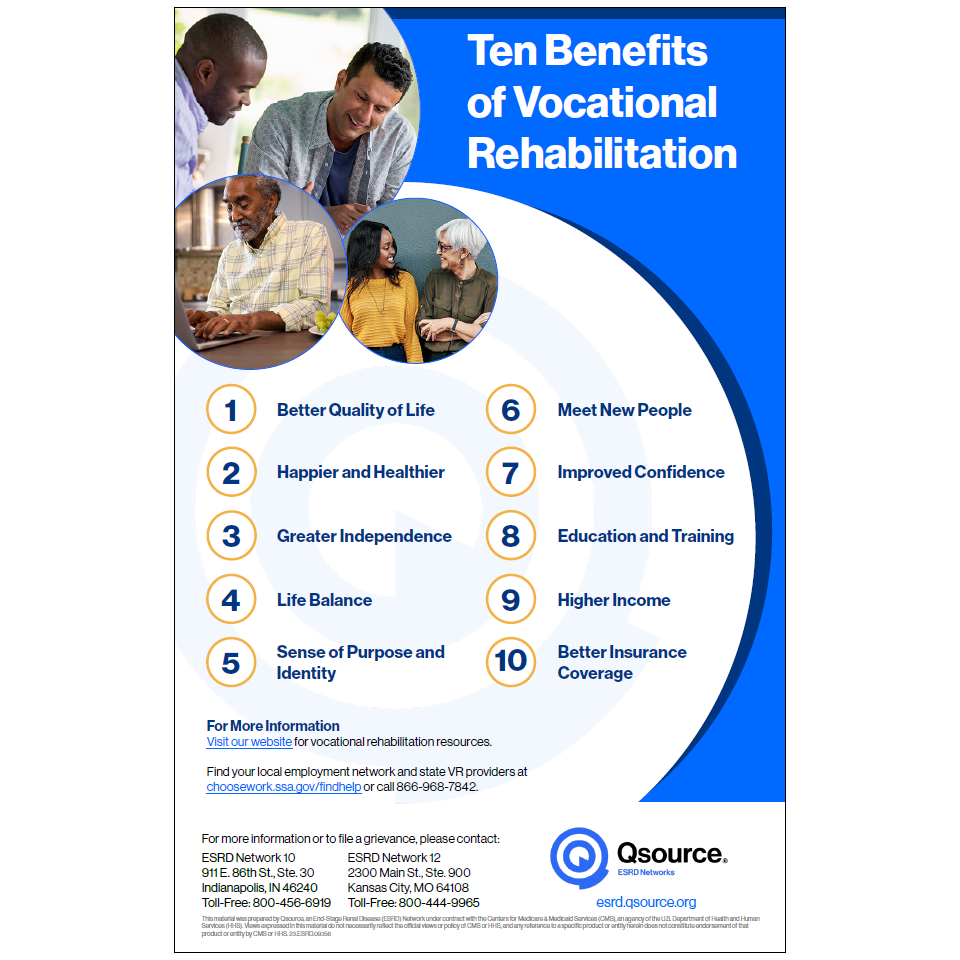The 4-Minute Rule for Narconon Africa
The 4-Minute Rule for Narconon Africa
Blog Article
Narconon Africa Things To Know Before You Get This
Table of ContentsThe smart Trick of Narconon Africa That Nobody is DiscussingThe 45-Second Trick For Narconon AfricaA Biased View of Narconon AfricaNarconon Africa Things To Know Before You Get ThisAll about Narconon AfricaSome Ideas on Narconon Africa You Need To KnowThe Buzz on Narconon Africa
In a series of papers with Manudeep Bhuller and Katrine V. Lken, we get rid of these data obstacles and the nonrandomness of imprisonment, providing new understandings right into just how incarceration affects recidivism, work, children, and criminal networks - Drug rehabilitation technology. Number 1 Our job research studies the results of incarceration in Norway, a setup with two essential benefitsWe can even more link this information to other household participants, consisting of kids and siblings. Additionally, we have details on co-offending that enables us to draw up criminal networks for observed criminal activities. Second, we can leverage the arbitrary task of criminal instances to courts that vary in their tendencies to send accuseds to prison.
Some courts send defendants to prison at a high rate, while others are much more forgiving. We measure a court's stringency as the average incarceration rate for all various other situations a court manages, after controlling for court and year fixed results, which is the level of random project. This quasi-random task of judge stringency can be utilized as a tool for incarceration, as it strongly anticipates the judge's decision in the existing situation, however is uncorrelated with various other situation attributes both deliberately and empirically.
Getting The Narconon Africa To Work
Attributes of detainees, consisting of demographics and criminal offense classifications, are extensively similar in Norway and other countries, including the United States, with the exemptions that the United States murder price is much higher, and race plays a larger role there. What stands apart as various, particularly compared with the USA, is the jail system.
Figure 2In Norway, the average time spent behind bars is a little over 6 months, which is similar to most other Western European countries. This contrasts with ordinary United States jail time of nearly three years, which remains in large component the reason the United States is an outlier in its incarceration price contrasted with the rest of the globe [Figure 1]
Some Known Factual Statements About Narconon Africa
This gives a lot even more separation between small and hard bad guys than exists in the United States. There is no congestion in Norwegian jails and far better personal safety and security, with each detainee being designated to their very own cell and a greater inmate-to-staff ratio than in the USA (https://www.huntingnet.com/forum/members/narcononza12.html). Prisons in Norway additionally provide well-funded education, medication therapy, psychological health and wellness, and work training programs
Our study on the impacts of incarceration on the offender, using the arbitrary task of judges as an instrument, returns three key findings. Imprisonment dissuades additionally criminal habits. We discover that incarceration reduces the probability that an individual will reoffend within five years by 27 portion factors and minimizes the matching variety of criminal fees per individual by 10 fees.
The Only Guide for Narconon Africa
We locate sizable decreases in reoffending possibilities and cumulative billed criminal offenses also after offenders are launched from prison. Our second outcome is that predisposition because of option on unobservable specific characteristics, if ignored, causes the wrong final thought that time spent in prison is criminogenic. If we just contrast criminal accuseds sentenced versus those not imprisoned, we find favorable associations between incarceration and subsequent crime.
This stands in comparison to our evaluation based on the arbitrary task of judges, which discovers an opposite-signed result. Third, the decrease in criminal offense is driven by people who were not working prior to imprisonment. Amongst these people, imprisonment raises involvement in programs routed at enhancing employability and lowering regression, and this inevitably raises employment and profits while inhibiting criminal actions.

Jail time causes a 34 percent point increase in engagement in task training programs for the previously nonemployed, and within 5 years their work price increases by 40 percent factors. At the same time, the possibility of reoffending within 5 years is cut by 46 percentage points, and there is a decrease of 22 in the typical variety of criminal costs.
Facts About Narconon Africa Revealed

A plausible description for the distinction is that Norway's visit site jail system differs significantly, both in terms of prison-term size and jail problems, from the US prison system. While comprehending the impacts of incarceration on the transgressor is a vital initial step, capturing spillover results is additionally vital for reviewing criminal justice policy and creating effective jail systems.
A Biased View of Narconon Africa

Regular the very least squares estimates reveal that children of incarcerated fathers are 1 percentage point more probable to be billed with a criminal activity, about a mean of 13 percent, and show no effect on college grades. Using our court stringency instrument, we find no statistical proof that a dad's imprisonment impacts a child's own criminal offense or college qualities, yet we are not able to dismiss modest-sized impacts.
The 3-Minute Rule for Narconon Africa
We specify criminal groups based on network web links to previous criminal situations. When a criminal network participant is incarcerated, their peers' probability of being billed with a future criminal offense decreases by 51 portion factors over the next four years - https://www.slideshare.net/narconon0346.
Report this page